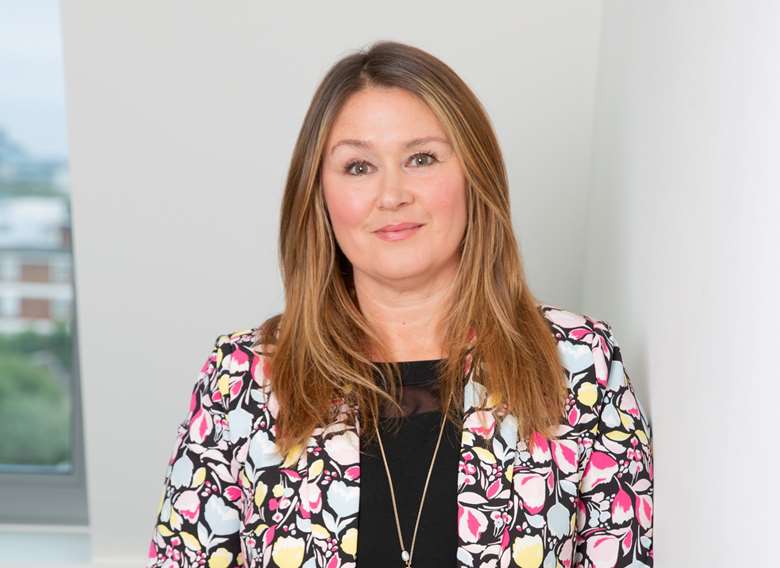The Nationality and Borders Bill will make it harder to fight child trafficking
Lynn Perry
Wednesday, March 30, 2022
For more than 150 years Barnardo’s has been working towards our vision of a world in which no child is turned away from the support they need, regardless of their background or circumstances.

The horrific impact of the events taking place in Ukraine is a stark reminder of our commitment to this vision, and why it matters. The sad reality is that children fleeing war are at acute risk of exploitation from human traffickers, especially when they have been separated from their parents. Almost all the 3.6 million refugees who have been forced to leave Ukraine in recent weeks are women and children and the circumstances mean many are especially vulnerable to being trafficked, including to the UK.
Barnardo’s has a long history of supporting children who have been trafficked, abused and exploited.
Through the Independent Child Trafficking Guardianship (ICTG) Service, we help young victims cope with physical and emotional trauma of being trafficked. Our specialist teams work with local authorities, the police and immigration authorities to stop children falling into a cycle of abuse and exploitation, and to advocate on their behalf.
We, alongside other charities, are concerned about the potential impact of the Nationality and Borders Bill on combating child trafficking. The Bill could put some trafficked children at risk of being disqualified from support, regardless of whether they are British citizens or their immigration status. As it currently stands a professional needs to suspect someone may be a victim of trafficking in order to refer them for appropriate support. Under the proposed changes a professional would need to believe they are definitely a victim. Given that it is already notoriously difficult to identify victims of trafficking, raising the threshold risks creating even more barriers to this vital support.
We also know that many trafficked children will have been forced to take part in criminal activity during the course of their exploitation. The Bill sets out that where people, including children, have committed certain offences, this would exclude them from accessing support available to victims of modern slavery. Given that criminal exploitation, including where children are forced to traffic drugs, represents the majority of cases of child trafficking in the UK, the proposals would make it much harder to safeguard these children.
We are deeply concerned that the proposals in the Bill could leave trafficked children more vulnerable, increasing the risk of them ‘falling between the cracks’ where they would be less likely to access support and more likely to be trafficked yet again.
An important moment came recently when the House of Lords voted to protect trafficked children and ensure they qualify for vital support. We would strongly urge MPs to support these changes.
Child trafficking is a child protection issue. As a society we must take steps to make sure all children are protected from those seeking to exploit them.
Lynn Perry is chief executive at Barnardo’s




